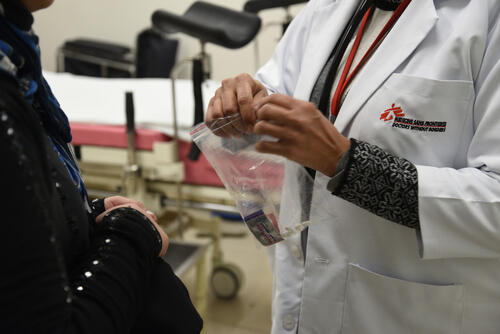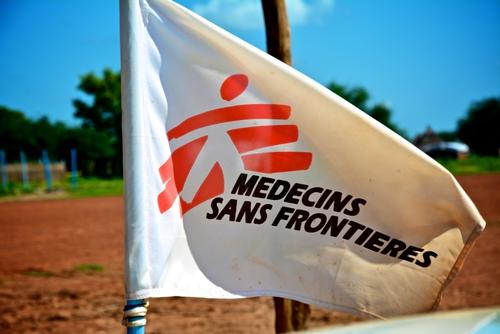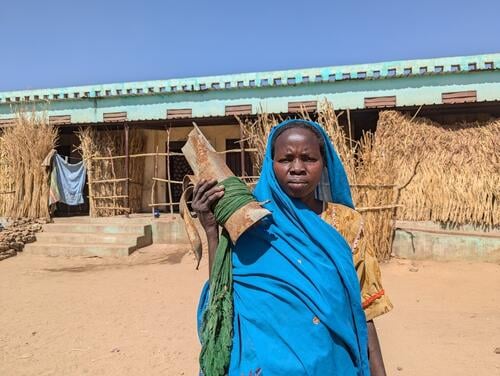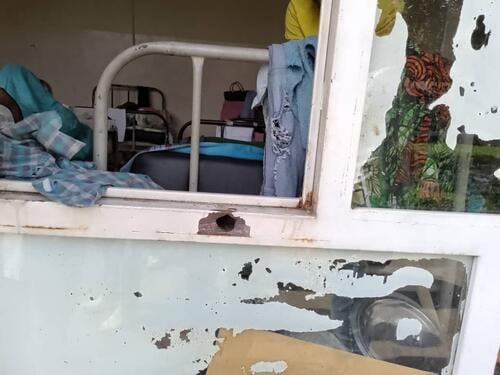Médecins Sans Frontières (MSF) will close its sexual violence treatment centre in Delhi, India, at the end of November. The Umeed ki Kiran (Ray of Hope) clinic has been providing survivors of sexual and gender-based violence (SGBV) with integrated medical and psychological care since 2015.
The closure follows an extensive review of MSF’s humanitarian responses globally and a process of financial reprioritisation.
"It was a very difficult decision" says Dr Swapan Kachop, MSF chief of operations in India. “But we’ve been able to make a positive difference to the lives of more than 3,506 survivors in the Delhi area, by supporting their healing and recovery as best as possible. We have also raised awareness about the fact that sexual violence is a public health issue and the importance of immediate medical and psychological care for survivors.”
We have also raised awareness about the fact that sexual violence is a public health issue and the importance of immediate medical and psychological care for survivors.Dr Swapan Kachop, MSF chief of operations in India
Sexual violence remains one of the most devastating forms of violence, mainly affecting women and girls. Global research has shown that sexual violence and intimate partner violence is widespread. As such, we will continue to work together with other stakeholders to advocate for improved access to care for survivors of sexual violence in India. This involves addressing legal and medical barriers to care for survivors, improving models of care including for marginalised and vulnerable groups, and incorporating SGBV care into curriculums and trainings for medical practitioners.
MSF’s other projects in India include the provision of comprehensive care to people living with advanced HIV in Bihar, essential healthcare in remote areas of Chhattisgarh, medical care for drug-resistant tuberculosis in Maharashtra, specialist care for HIV, TB, Hepatitis in Manipur, and mental health services in Jammu and Kashmir.






